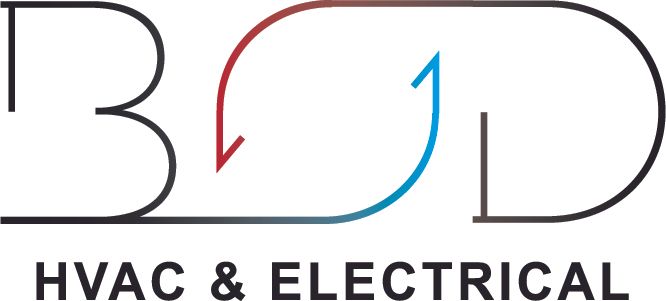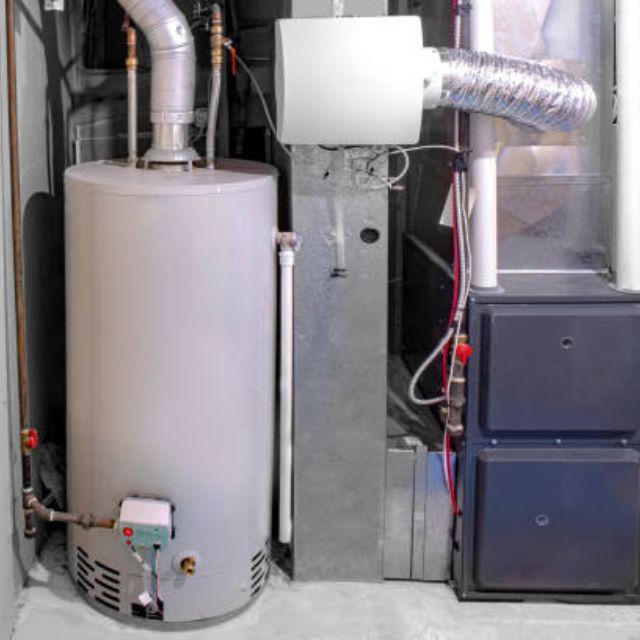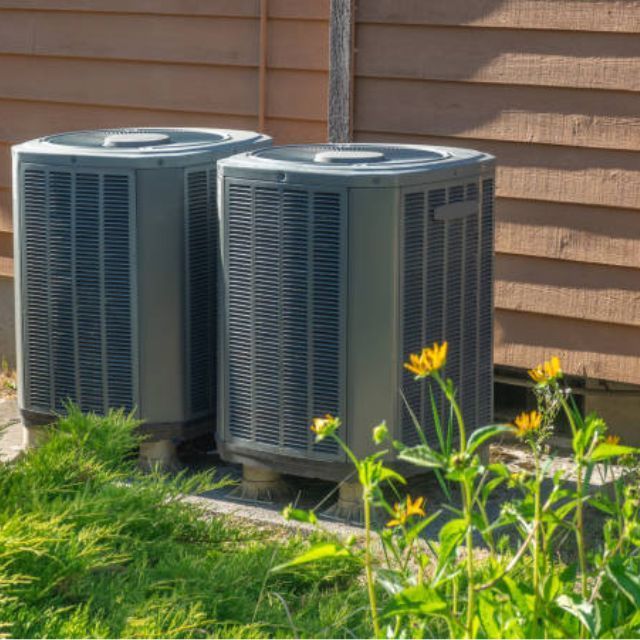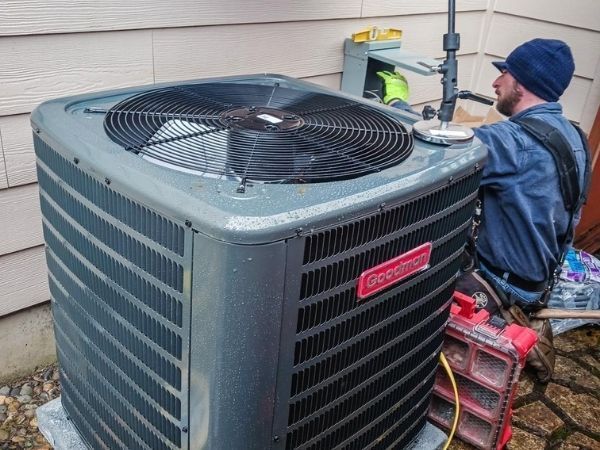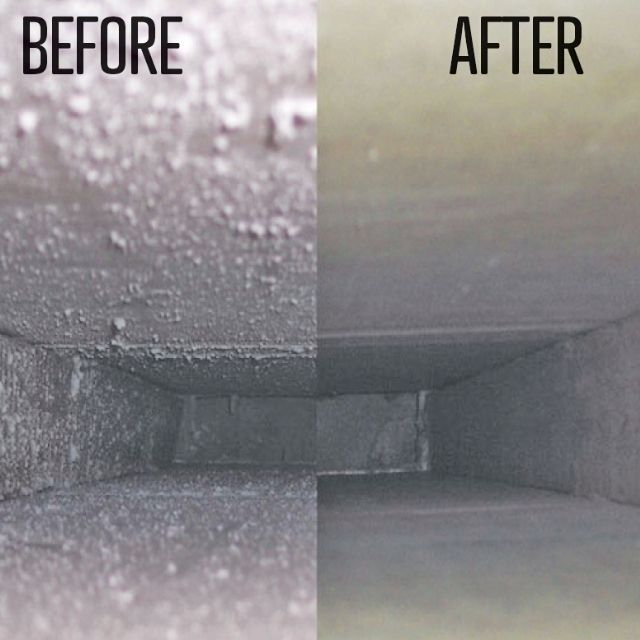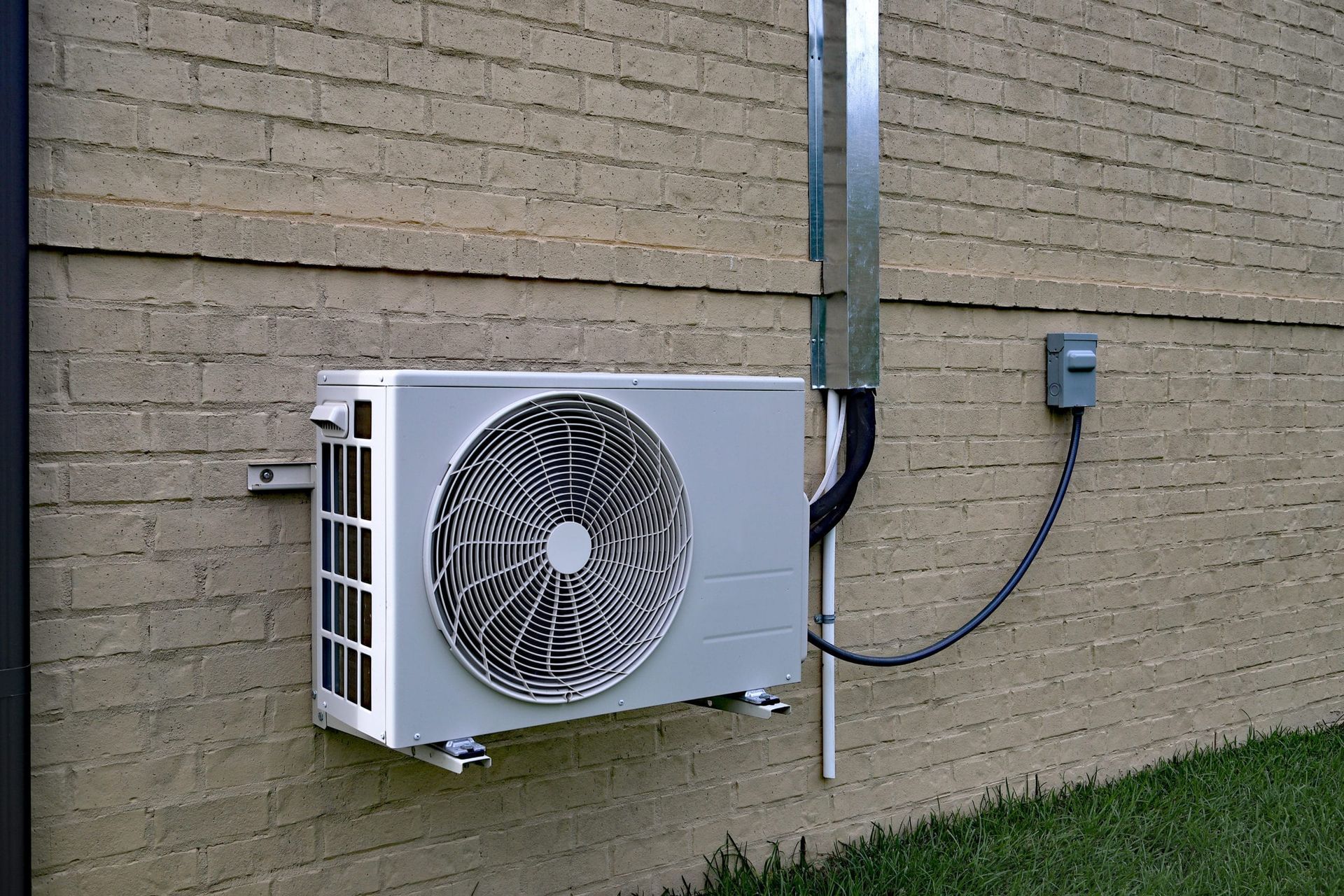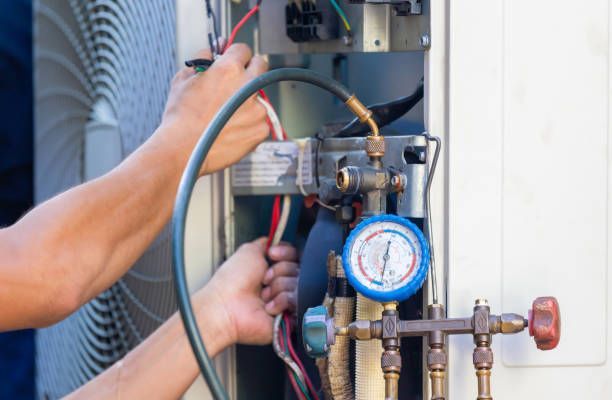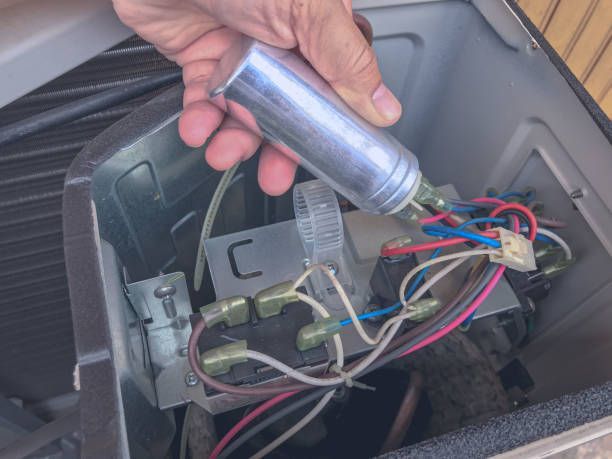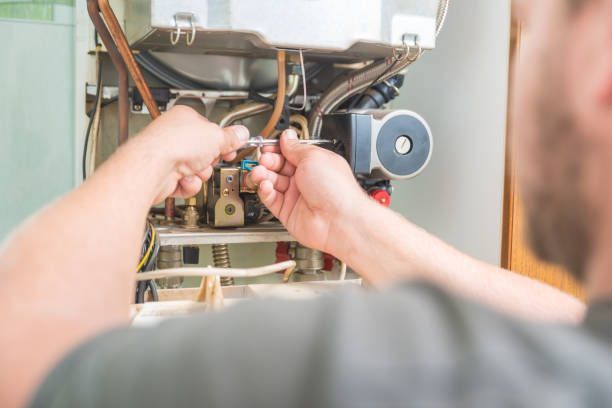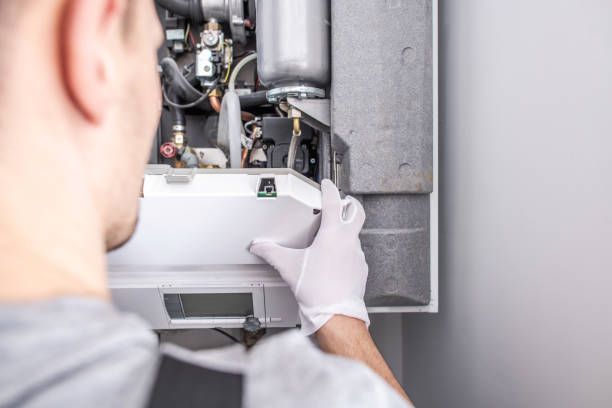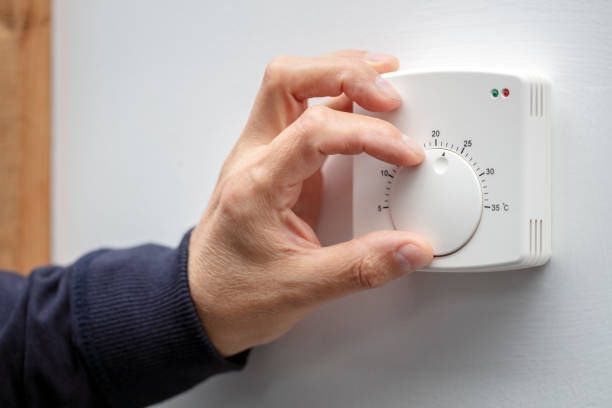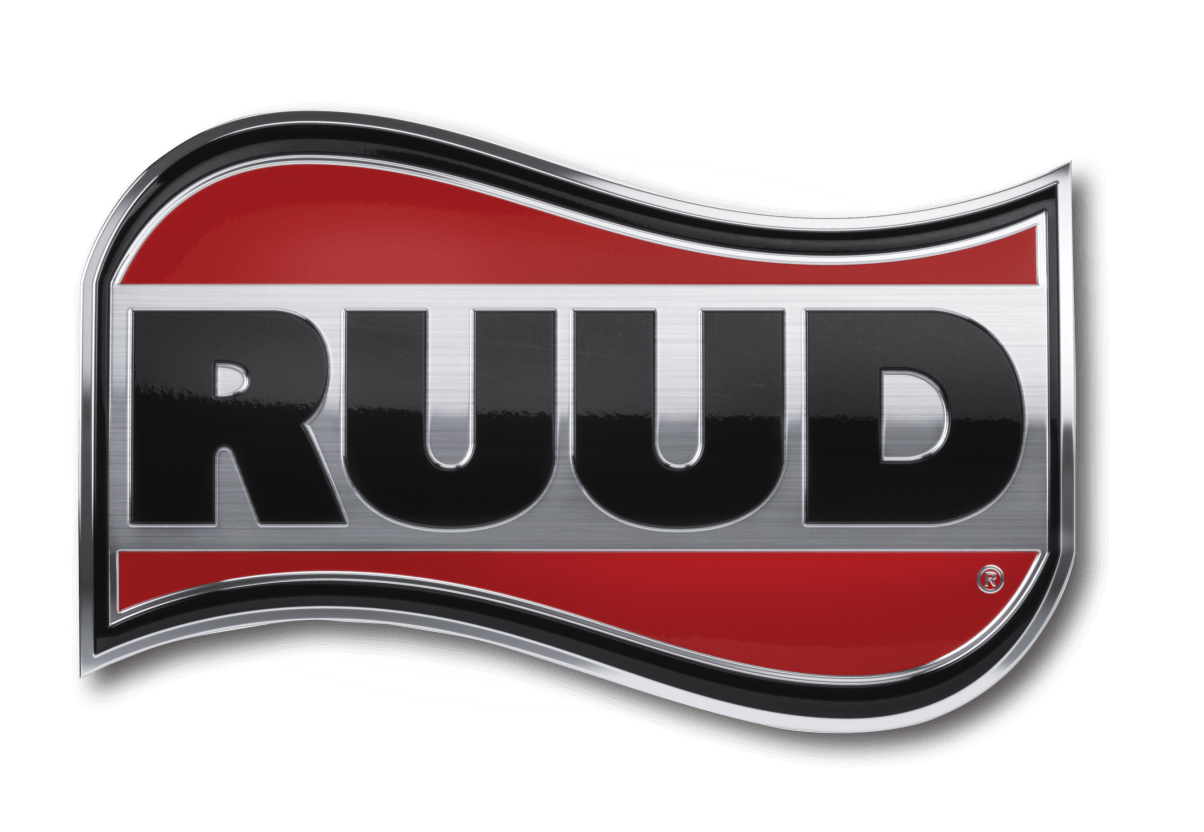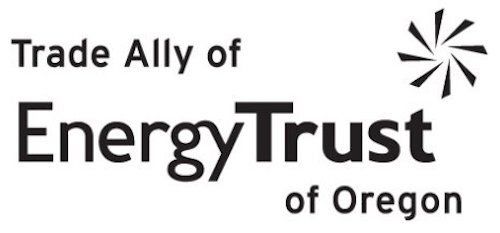Which Heating System is Right for Me?
There's no need to be reminded that home heating costs a lot of money.

Oregon's Department of Energy estimates that heating a home costs roughly 30% of the annual power bill.
One practical measure you can take is equipping your home with an efficient heating system. At the same time, there are many other ways to reduce these expenditures (such as utilizing a programmed thermostat or simply wearing a sweater instead of cranking up the heat). More efficient heating systems take less energy to run, resulting in lower heating bills even if they require an initial investment.
What makes a heating system efficient?
It helps to know what is meant by "efficient" so that you know what to look for while searching for one or evaluating the efficiency of your current system.
The efficiency of a heat pump is directly related to the weather conditions. Using a heat pump rather than a furnace in moderate climates is more cost-effective. There is a correlation between the furnace's efficiency and the temperature of the surrounding air in icy areas (although heat pumps are becoming contenders quickly).
The annual fuel usage efficiency rating, or AFUE for short, is the most crucial statistic. The efficiency of your home heating system can be expressed as a percentage, showing what proportion of the energy (often electricity or natural gas) it consumes is used to warm your home instead of wasted elsewhere. In other words, it reveals how much heat is being produced by the system.
For instance, a high Annual Fuel Utilization Efficiency (AFUE) shows that most of the fuel is converted into proper heat. While the Department of Energy mandates an AFUE of 80%, several cutting-edge heating systems now achieve even higher efficiency levels (up to 98.5% in some cases).
Which system is the least effective? Products made before 1992, when AFUE rules were first implemented, are essentially outside limits. In other words, if you live in a home that is more than 30 years old and hasn't changed the heating system in a long time (or ever), you are probably squandering a lot of money and energy.
And how much power is it, exactly? It's hard to generalize because of the variety of elements at play. Still, the Department of Energy estimates that "upgrading your furnace or boiler from 56% to 90% efficiency in a typical cold-climate dwelling can save 1.5 tons of carbon dioxide emissions per year if you heat with natural gas."
That’s a whole lot of carbon dioxide. The Department of Energy estimates that you might save up to half on your heating costs by making this switch.
For more information be sure to contact us here at Best Owner Direct HVAC. We're happy to answer any questions you may have. To schedule an appointment for one of our technicians to take a look at your current system you can book your appointment right here online!
Get a Free Quote Today!
Fill out the form below and we'll get back to you as soon as we can!
Contact Us
Contact Us
Best Owner Direct is your local, independent, family-owned and operated, residential and commercial HVAC service, repair and installation team. We're a trade ally of the Energy Trust of Oregon and our certified professionals offer services for all major brands. With over 20 years of experience, our team can handle all of your HVAC needs.
Free estimates available for installations. Contact us today to learn more or to schedule an appointment!
